In the portrayal series “Face to Face”, Halmonis (korean for Grandmothers) not only show themselves as survivors of the system, but also as women with their own name and identity. Uniform photography symbolizes their shared experiences, while personal stories become loud through their singing. Their mix of old Japanese military songs and folk songs of foreign lands, which have been changed by women to survive the horrors and pain of slavery, rekindle their own memories and emotions.
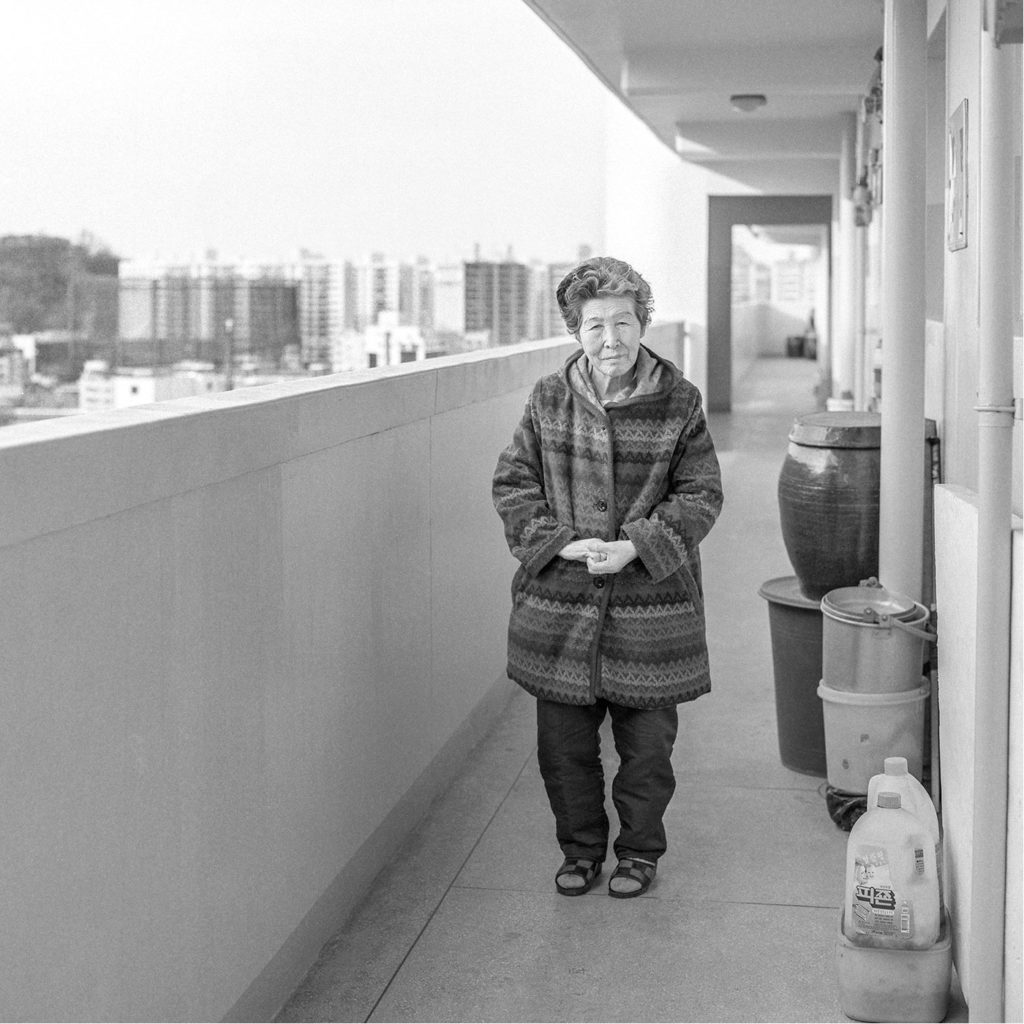
© Tsukasa Yajima
Mun Pil-gi
(1925 – 2008)
Song: Cry, Guitar String!
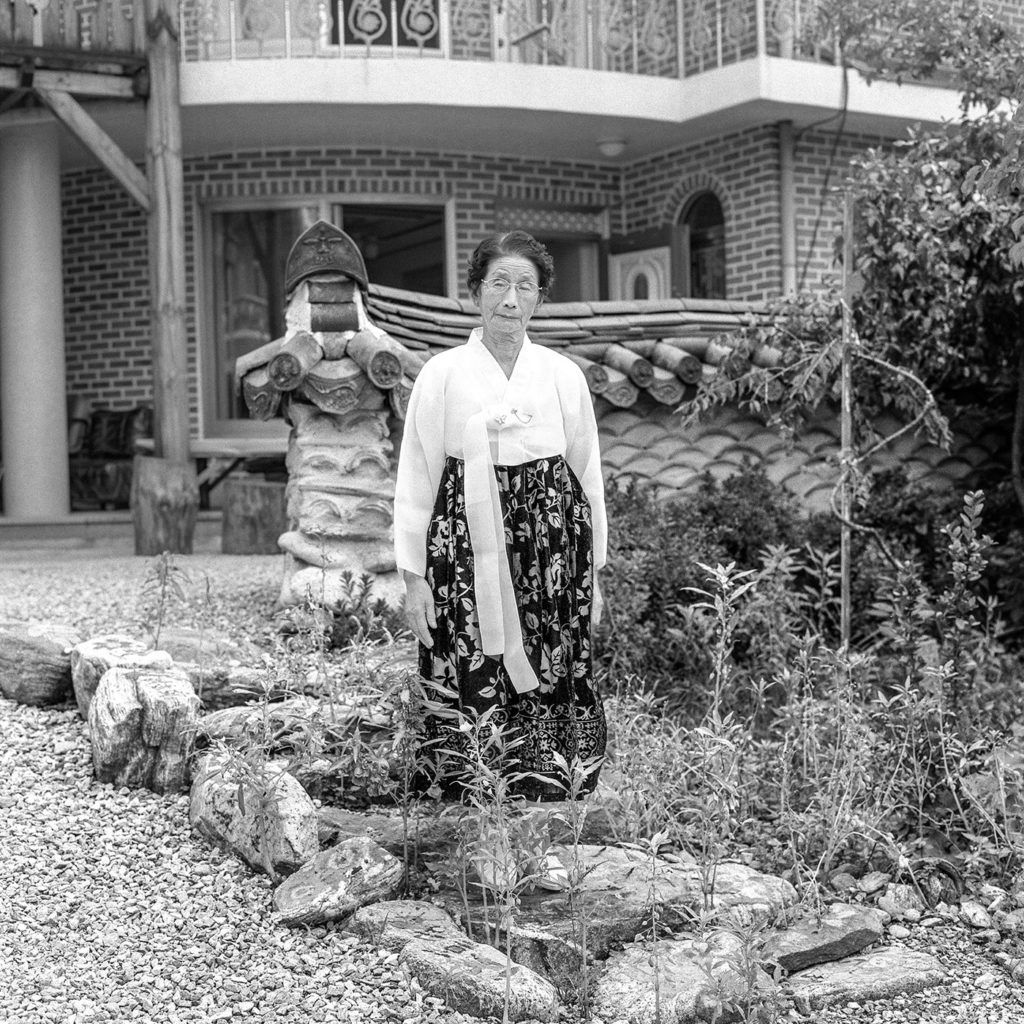
© Tsukasa Yajima
Kim Sun-deok (1921 – 2004)
Song: Traveling Entertainer – Taryeong (Minyo-Korean folksong)
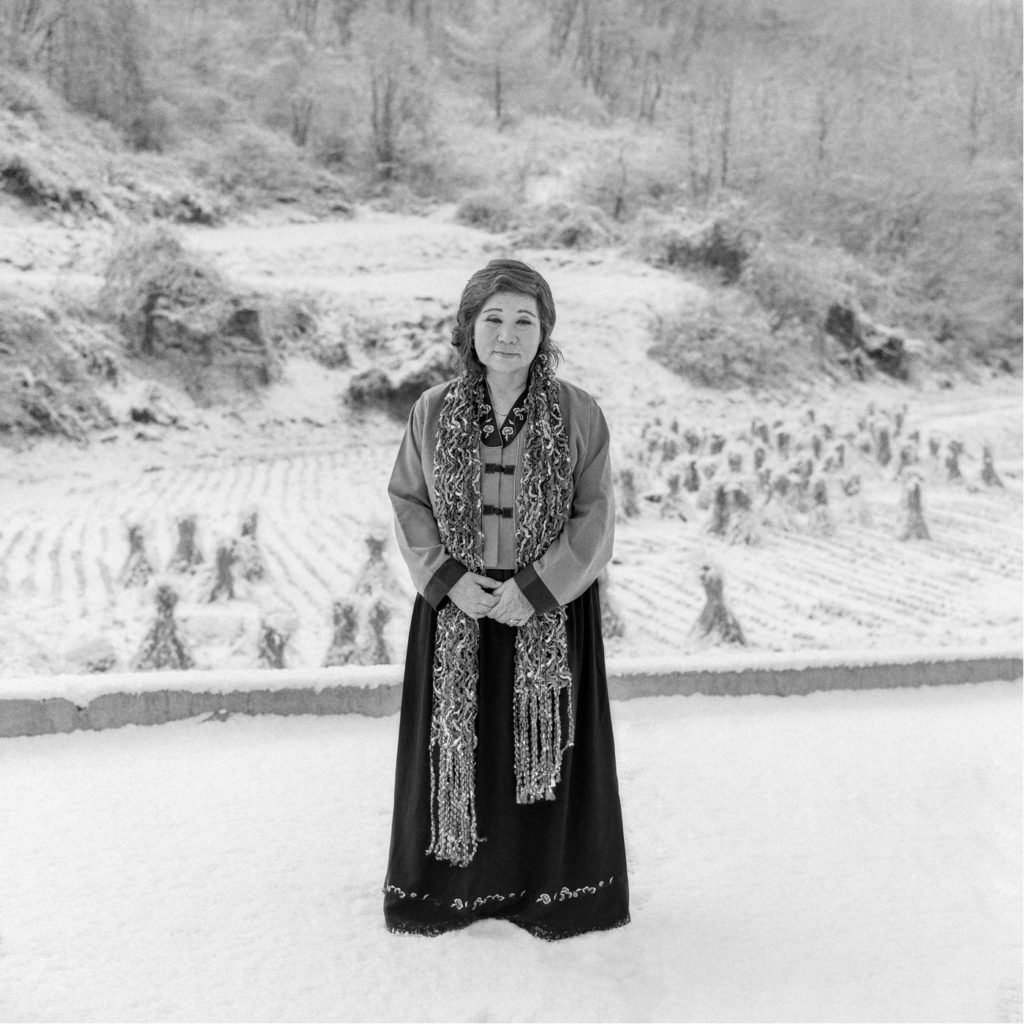
© Tsukasa Yajima
Bae Chun-hui (1923 – 2014)
Song: Dance Music of Youth
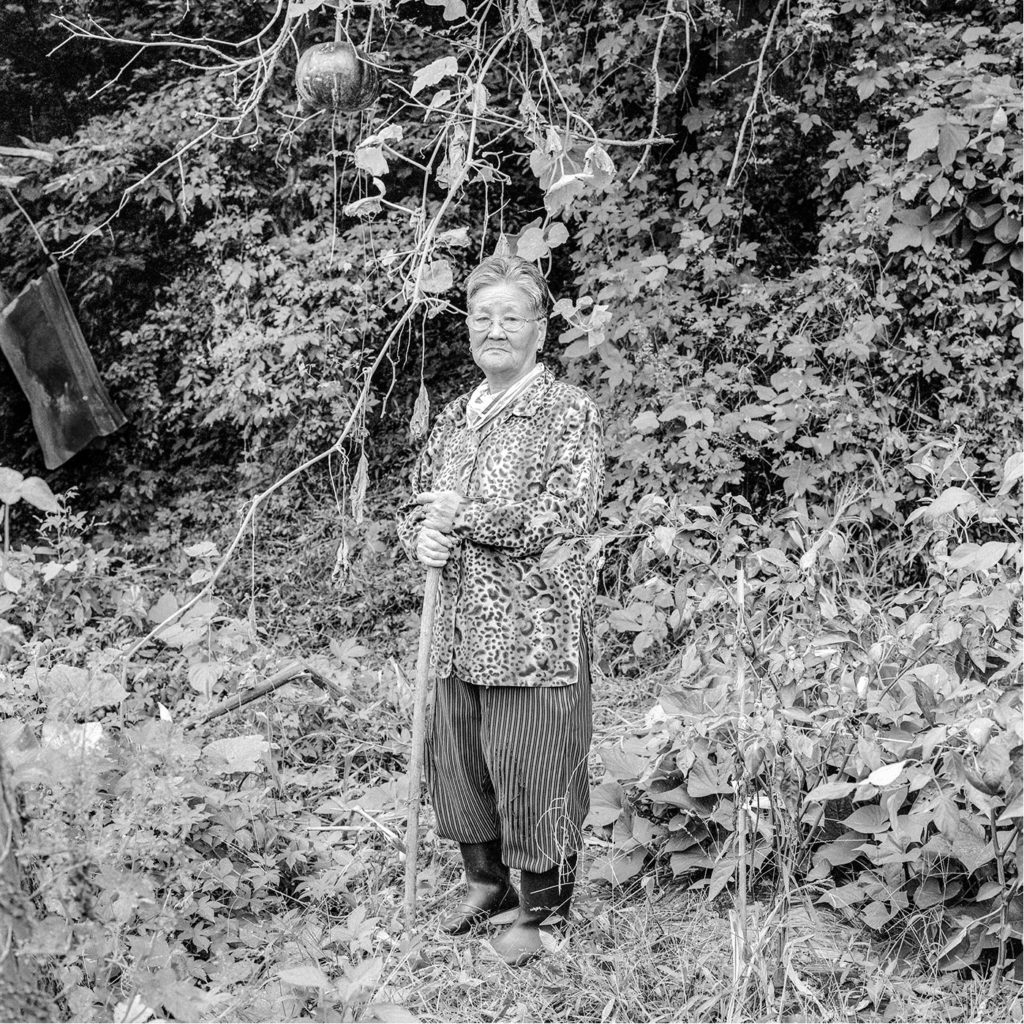
© Tsukasa Yajima
Yi Yong-nyeo
(1926 – 2013)
Song: Medley – Composer Unknown & Take Care, Busan Harbor
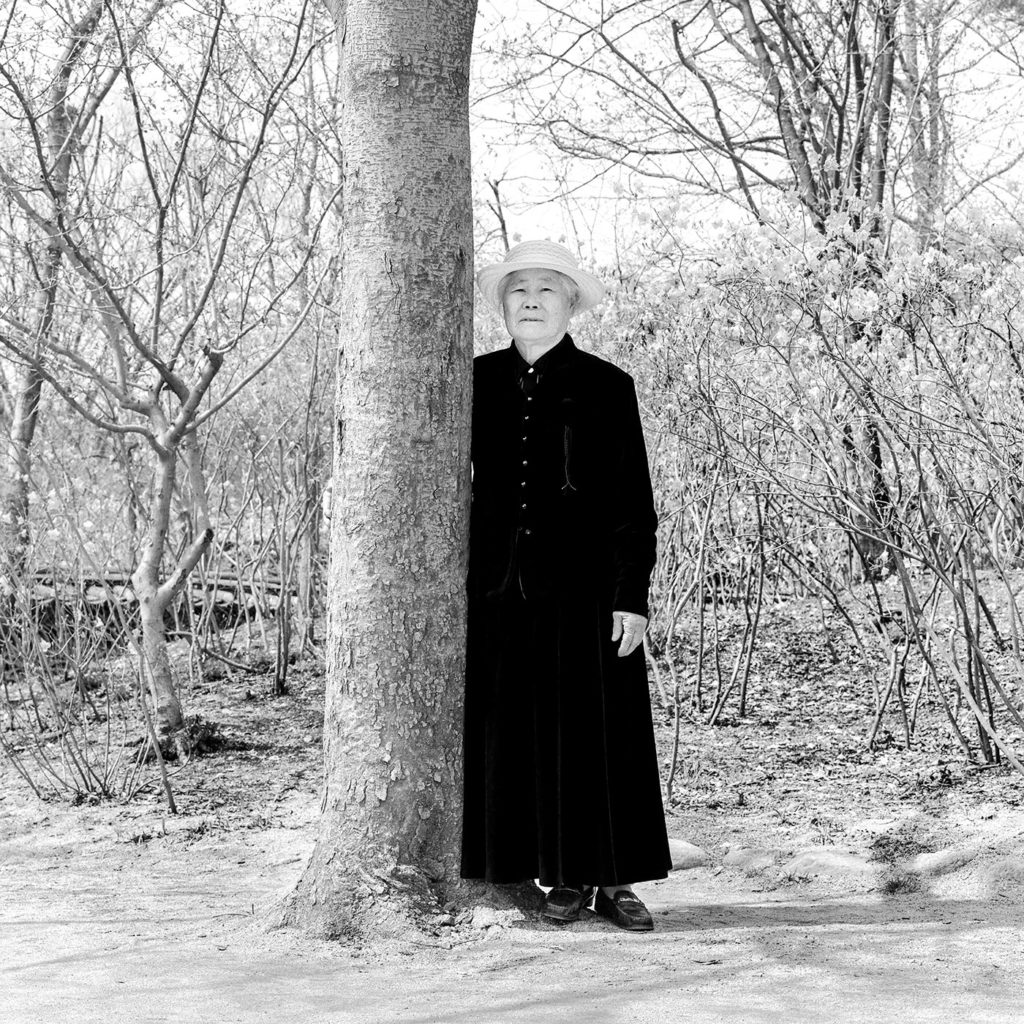
© Tsukasa Yajima
Yi Ok-seon
(1927 – )
Song: Tahyang Sali – Life in a Foreign Land
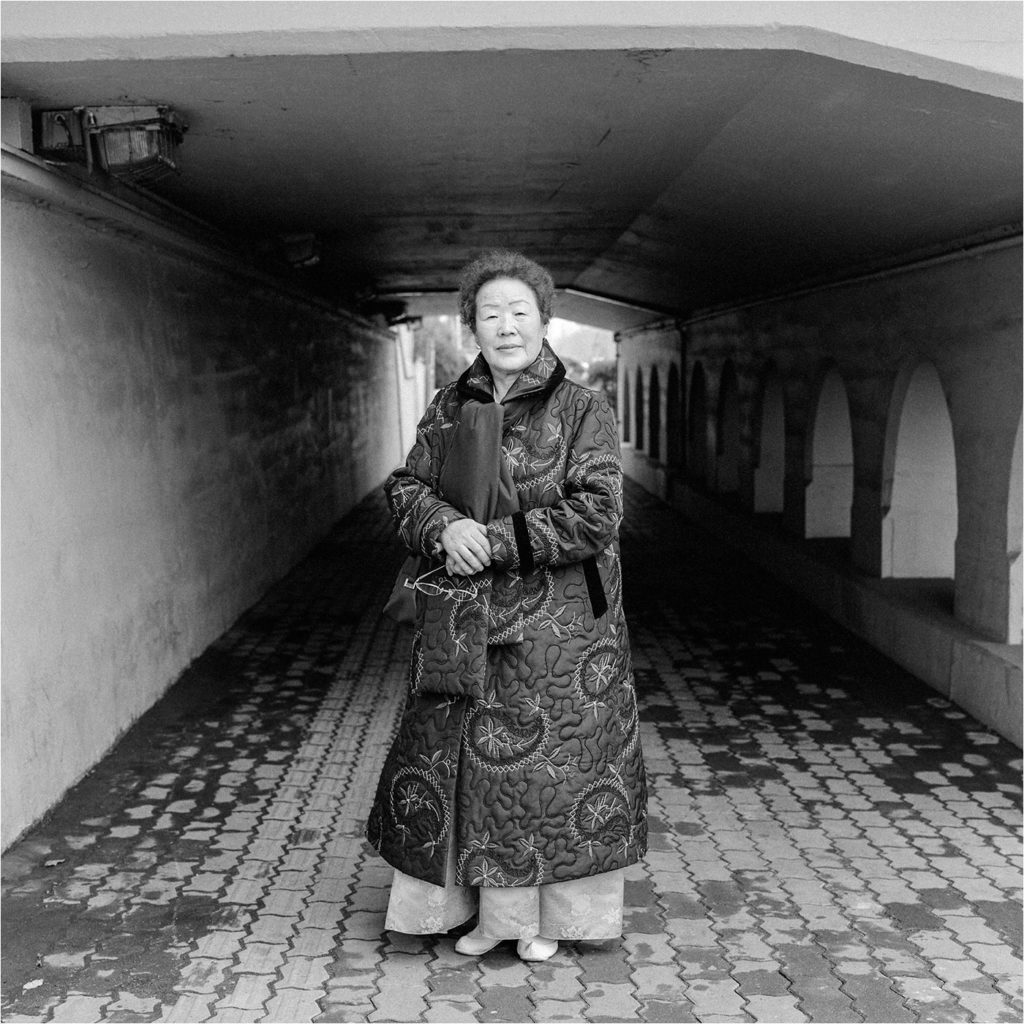
© Tsukasa Yajima
Yi Yong-su
(1928 – )
Song: Song of the Pilots
Tsukasa Yajima
YAJIMA Tsukasa – born in Takasaki, Japan – studied history at Waseda University and photography at the Nippon Institute of Photography in Tokyo. From 2003 to 2006, Yajima lived in the House of Sharing in South Korea, a home for Korean women who survived the ordeal of the ‚comfort women‘ system and worked on the „Face to Face“ photography project. His photographic works have been exhibited in Germany, Japan, South Korea and Taiwan.
The audio recordings were kindly provided by Joshua D. Pilzer.
